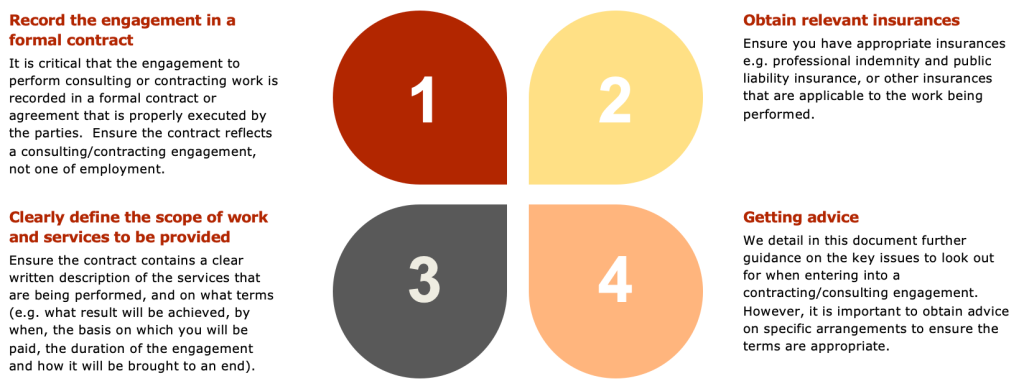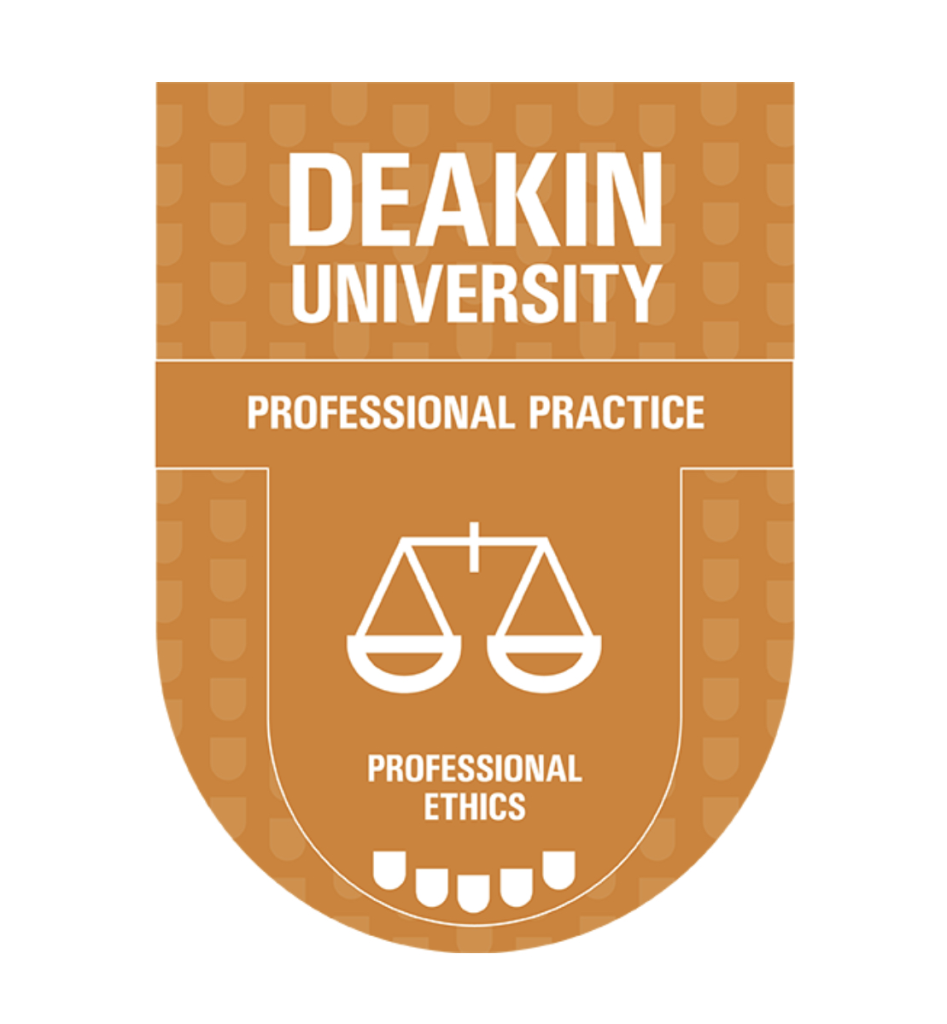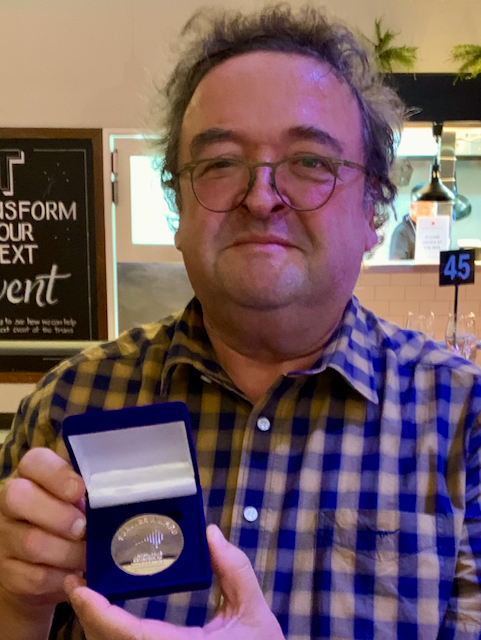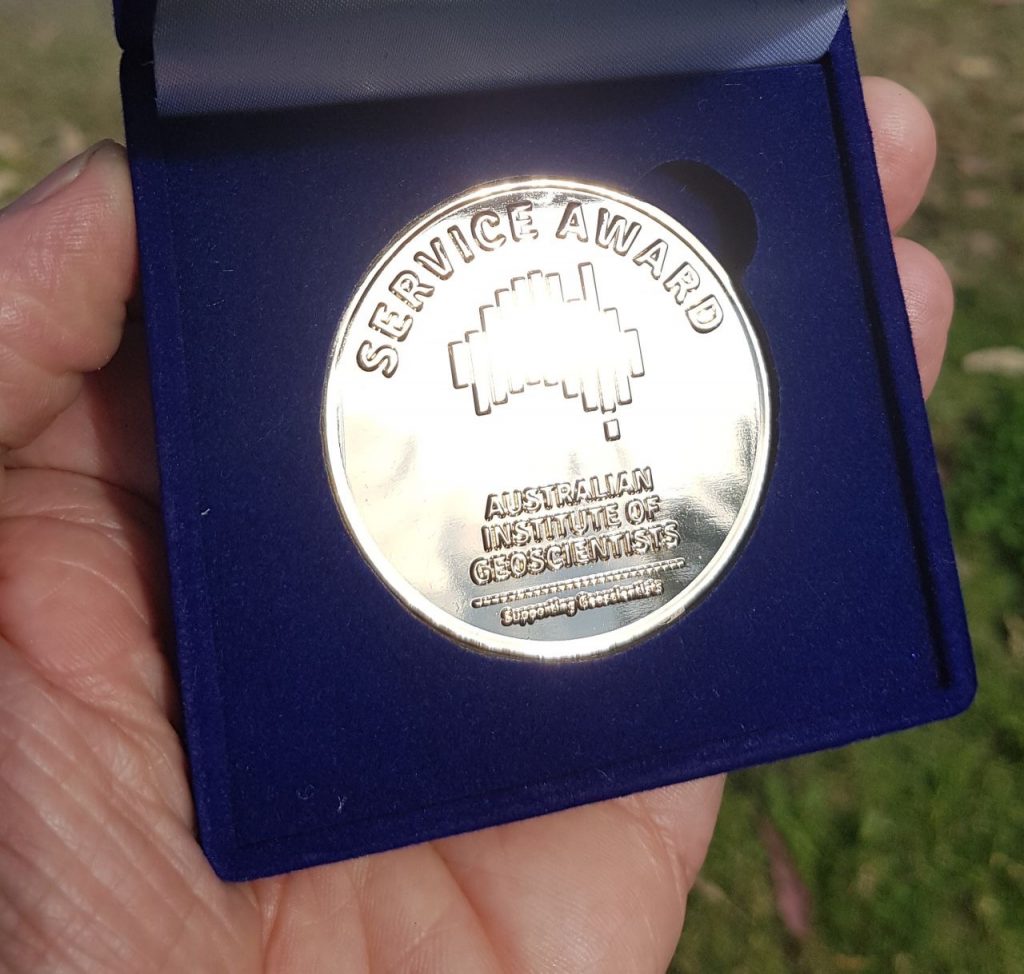Starting a consulting practice
I’d decided it was time for a career change when I left my previous employer in May 2021. I’d worked as a consultant previously in my career for almost ten years with consulting companies and more than a year in my own practice, which ultimately evolved into a full time, fulfilling role with one of my principal clients. That was, however, more than 15 years ago and a bit of work was needed to understand the market and the areas in which I wanted to try to focus my efforts.
My first priority was to take a break and take steps to gain greater exposure to aspects of exploration and mining geoscience that I was interested in, but hadn’t had the opportunity to explore further. My list included:
- learning about developments in data science gaining traction in interpretation and analysis of geoscientific practice in both exploration and mining
- deploying on-line databases of geological and mineral resource information
- examining techniques that could be used to extend analysis of inherent uncertainty to geologic models forming the basis of mineral resource estimates
- gaining greater exposure to, and knowledge of the commercial aspects of exploration and mineral resource development, and
- developing a greater understanding of the roles of boards in corporate governance and achieving business objectives.
I tackled the latter by successfully completing the Australian Institute of Company Directors (AICD) well regarded Company Directors Course. The course comprised five days of lectures and practical sessions in Brisbane, along with extensive pre-reading needed to gain maximum value from the face to face sessions, reflection on the course content and completing recommended reading provided during the face to face component of the course, and completing the assessment which takes the form of an examination and completion of an assignment. In all, I found that successfully completing the course required a three to four month commitment, which definitely delivered value.
The AICD course is exceptionally well structured and delivered and I’d recommend it to anyone interested in how businesses should be managed. I was recognised as a Graduate member of the Institute (GAICD) in November 2021, after enrolling in May and completing the coursework component of the course during July.
Recommencing Work
I was ready to get back to work in early 2022. This involved careful thinking about what I wanted to do in terms of the types of projects I was prepared to undertake and how to establish a client base. There was also a need to ensure that my business was appropriately structured to meet legal requirements and protect both myself and my family should something go wrong.
Setting up a Business
The most important steps from a legal and regulatory viewpoint were to secure appropriate professional insurances, set up the business structure and implementing systems to handle invoicing and manage accounts effectively with the aim of having to spend as little time as possible on compliance and housekeeping tasks.
Professional Insurances
Fortunately, both The Australian Institute of Geoscientists (AIG) and Australian Institute of Mining and Metallurgy (AusIMM) have relationships with insurance brokers who the two professional institutes work with to ensure that cost effective and appropriate coverage is available to members.
Independent consulting and contracting practices require broad-form public and product liability and professional indemnity insurance. Additional cover in the form of workers’ compensation may also be required, particularly if you plan to undertake field work on mine sites. This will usually be specified by prospective clients.
You need to have a clear vision of the consulting services that you intend to provide as different activities are recognised as having distinctly different risk profiles that attract different premiums. Some forms of geoscientific work are also the subject of coverage exclusions in policies offered by some companies, so it’s essential to read the fine print when comparing policies. What you plan to do will also influence the level of coverage required, which goes to the cost of maintaining insurance cover.
Having a broker you are confident with is important, as the time your broker puts into understanding your needs has a direct impact on insurance costs and keeping premium increases to a minimum through your demonstration of best practice in managing risks to which your consulting business is exposed. I opted for the policies provided by the brokers responsible for the AusIMM scheme and can’t fault their service and understanding of my business’s needs.
Managing Business Finances
A good accountant is essential. I was fortunate to have a friend recommend a firm that has been fantastic in setting up a company and trust structure under which my business operates. A personal referral from someone you trust beats any advertising or on-line review.
My accountants set up a cloud-based accounting system for me which has been really valuable. My business’s bank accounts are linked directly to the accounting system which results in my having a single point of reference for all financial information. It looks after invoicing and keeps track of what invoices have been paid and those that are waiting to be paid, or where the client needs a reminder (which has been rare). Keeping the accounts up to date is simple and only takes a few minutes on days where there are expenses to record or transactions to reconcile that can be done anywhere due to the cloud-based system used. My accountants proactively look after all of the required financial statements and tax returns. All I need to to is tell them that the system is up to date for them to make sure that all statutory requirements have been satisfied on time.
Timesheets
Consulting is a time-based business. I’ve found a simple iOS app, Hours Tracker, to be a great time saver. I simply clock-in and clock-out of projects during each day. My phone is always on my desk when I’m working so it couldn’t be more convenient and it eliminates any guesswork. It’s also backed up to the cloud from where data can be accessed from a desktop app.
Engagement Contracts and Agreements
The other major requirement is a document setting out clear terms of engagement. Agreements to undertake consulting work need to be based on more than a “handshake” or, as is more often the case, email exchanges setting out a subjective scope of work and expected deliverables. Many clients will already have engagement terms or contracts for contracting or consulting work, which may be quite suitable but need to be clearly reviewed before signing. Many, however, prefer that the consultant provide terms.
AIG sought guidance for members in this area from the Institute’s legal advisors, Ashurst, in August 2021. This advice set out four key areas to be covered by independent consulting agreements.

Key issues to be covered by independent consulting agreements, Australian Institute of Geoscientists, 2021
The four key areas identified in the advice provided by Ashurst (above) concisely capture the key areas that need to be dealt with.
Contracts under which work is performed need to include:
- A clear description of the services to be provided
- how long the engagement will be for and when and how it may be terminated
- payment terms
- statement of obligations of both the client and consultant
- confidentiality and management of intellectual property
- a clear description of the client-consultant relationship, including statement of any potential conflicts of interest
- terms (e.g. hours of work and provision of equipment and other resources relevant to the work to be performed)
- legal obligations of both the client and consultant.
These points provide a useful checklist when both drafting and reviewing agreements.
There are no “off the shelf” templates for suitable agreements that I’m aware of. The services of an appropriately experienced solicitor are usually required to draft a suitable template agreement, or to review agreements provided by potential clients, particularly for larger projects.
Any client-consultant agreement needs to balance the needs and expectations of both the consultant and client. It needs to include a description of the scope of the project to be undertaken, expected deliverables and the timeline in which the work specified should be delivered. It also needs to set out payment terms for both consulting time and any expenses that could be incurred during the course of the project. Importantly, the agreement also needs to set out how required variations and extensions to the project scope will be managed and agreed to by both parties, and the mechanisms by which any disputes will be dealt with, including dealing with liabilities.
That covers the company structure and basic tools. Finding and keeping clients will be covered in a subsequent post.


